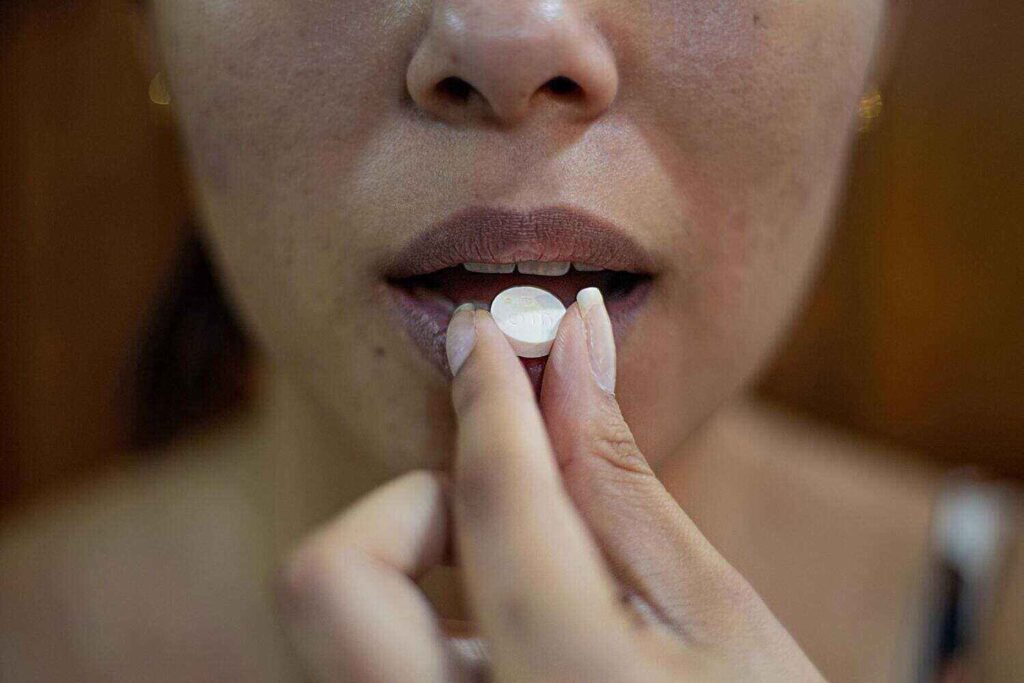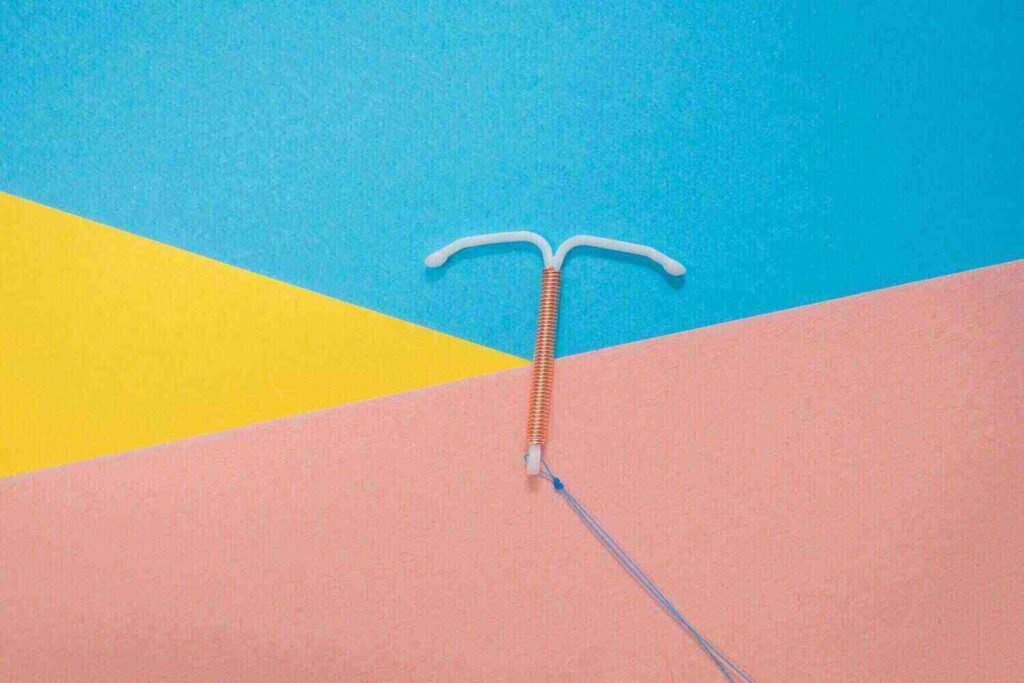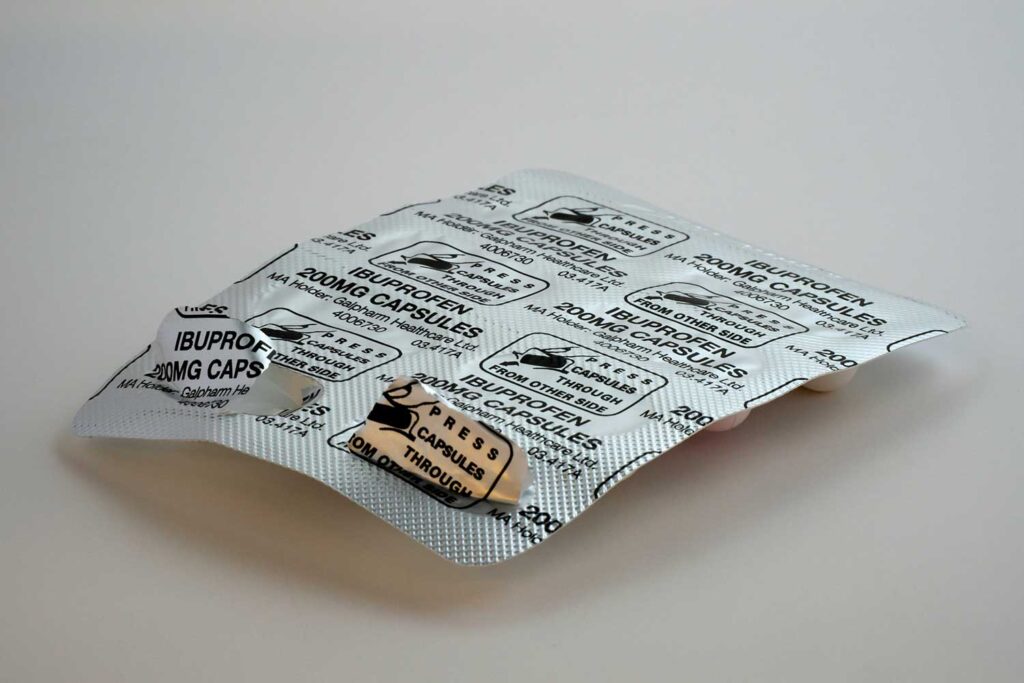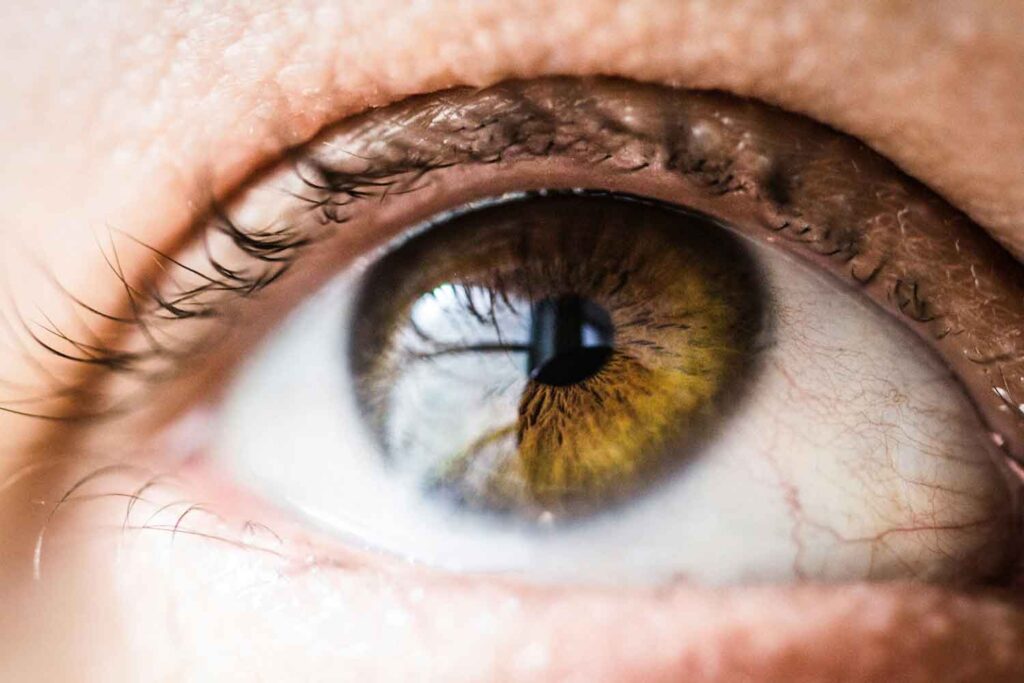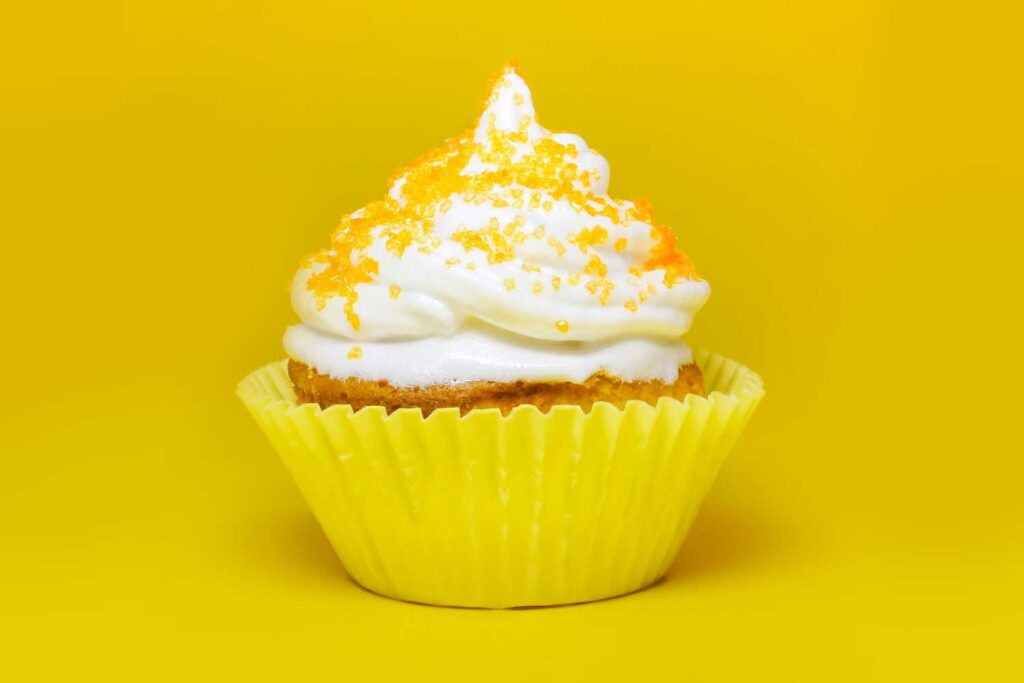Why You Cant Eat Without Weed

One of the most popular side effects of consuming marijuana is munchies. Stoners are notorious for snacking after a smoke sesh. Needless to say, weed stimulates your appetite. That can be beneficial for people struggling to keep up their appetites such as chemo patients. However, what happens if can’t eat without weed? Here’s why you can’t eat without weed and what to do about it.
Photo: gbarkz
Reasons You Can’t Eat Without Weed
Loss of appetite seems to be a withdrawal symptom. In other words, when people take a weed break, they may find that they don’t have an appetite or have a low appetite.
Some people are also really dependent on weed to eat daily. Therefore without weed, they would lose their appetite.
A case report of a 30-year-old woman documented a loss of appetite after she stopped using weed. The patient was at a residential addiction treatment center for a six-week program for Cannabis Use Disorder treatment.
She was using weed to reduce nausea and increase her appetite.
If she doesn’t use weed, she becomes nauseous and throws up.
The case report said, “This vomiting was not in response to feelings of guilt after having eaten too much but rather a response to feelings in her stomach when she had not eaten enough or when she had eaten without marijuana use.”
In addition, the case report believes that the patient was experiencing cannabis withdrawal symptoms.
“Our patient endorsed feeling physically better after using marijuana consistently throughout the day, with symptoms being worst in the morning after waking from sleep after several hours of abstinence from cannabis use. This fits with research indicating that withdrawal symptoms are most severe on day one of abstinence.”
So, why do people experience loss of appetite when they take a weed break?
We weren’t able to find an exact reason why.
However, according to Cleveland Clinic, your body becomes used to THC when you use it regularly. THC interacts with your endocannabinoid system which regulates many things including appetite.
Cleveland Clinic says “THC replaces natural substances, and your body produces less of its own endocannabinoids.”
Therefore if you stop using weed, it makes sense that your appetite would be affected.
How to Increase Your Appetite
If you lost your appetite due to your weed break, the good news is that your appetite should come back through.
By day 6-10, your withdrawal symptoms should start resolving.
However, Good Rx still recommends that if you’ve lost your appetite for more than a week or lost more than 10 pounds, you should see your doctor.
Here are some ways you can increase your appetite in the meantime.
Healthline says to start small.
“Have five or six smaller meals per day instead of three large ones. As your appetite improves, you can start increasing portions and adding more ingredients.”
In addition, while you may feel like eating high-calorie snacks like cookies and chips when your appetite is low, Healthline recommends opting for nutrient-rich food instead. By nutrient-rich food, they mean protein, healthy fats, and whole grains. You can also add more calories to your nutrient-rich food to increase your calories. For example, you can add peanut butter to apple slices.
If you’re looking for other food ideas, GoodRx recommends:
- Toast
- Soup
- Full-fat yogurt
- Eggs
While you’re adding nutrient-rich food to your plate, Healthline recommends eating less fiber. Fiber makes you feel full faster but since your appetite is low, this may not be ideal.
If you’re having problems eating, you may prefer drinking your calories instead.
Healthline says, “Smoothies, milkshakes, and juices can all be good meal replacement drinks. Try making them using nourishing ingredients like fruits and vegetables.”
Having no appetite is the perfect excuse to eat your favorite foods. The idea is that if you really love the food, then you’re more likely to eat it.
Very Well Fit echoes these sentiments too.
“You’ll find that it’s much easier to eat something you really enjoy, so keep some favorite snacks on hand”
Other Ways to Stimulate Appetite
You can stimulate your appetite without using food such as exercise
Have you noticed that when you workout, you eat more?
Many people have that experience and so it seems exercise may be a greay way to stimulate appetite.
You can also increase your appetite by exercising.
Very Well Fit says a 2017 study proves that you can stimulate your appetite through exercise.
They recommend, “Taking a brief walk about an hour or so before eating may just help make that next meal a bit more appealing..”
A 2011 study says, “…any energy expended in exercise elevates the intensity of hunger and drives food consumption.”
Interestingly, the study also demonstrated that exercise can suppress appetite.
“120 min prolonged treadmill exercise with mix intensity, temporarily decreased hunger sensations, acylated ghrelin and relative energy intake.”
A 2018 study also admits that there is conflicting expectations of exercise and its impact on appetite.
“Some studies have shown that subjective appetite in the fasted state is increased after aerobic exercise training, whereas others have reported no change, or even a reduction in appetite.”
Takeaway
Chances are you can’t eat without weed becase loss of appetite is a common withdrawl symptom. Therefore, a weed break can lead to a loss in appeite. You may also find that you don’t have much of an appetite before you take a hit from your bong. This is not uncommon. Your endocannbinoid system, which controls appetite, is affected by THC. Therefore, you may find that your appetite is linked to your weed consumption. In the case of withdrawal symptoms, your appetite should return in about a week or so. If you’re uncomfortable with how reliant you are on weed for an appetite, you may not to wean your weed use and use other methods to stimulate your appetite.

